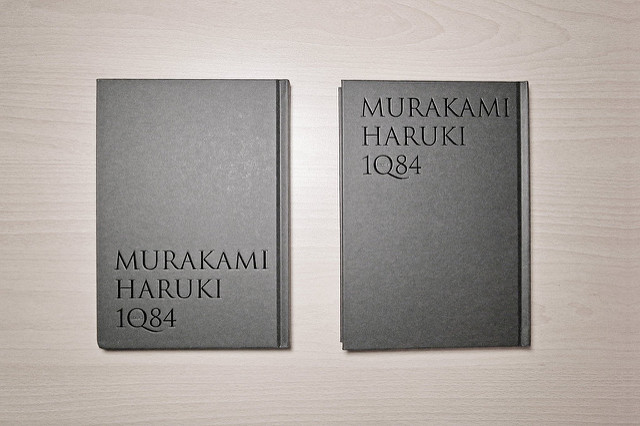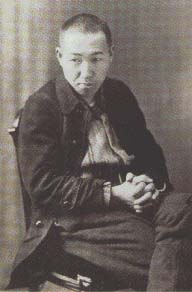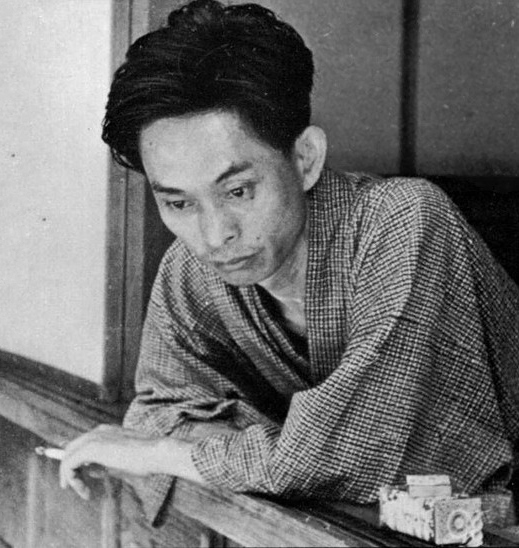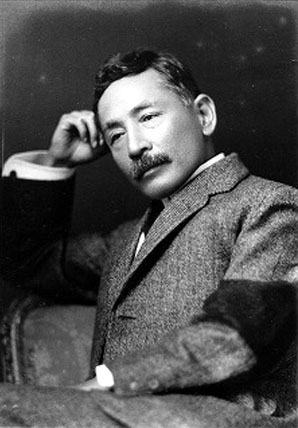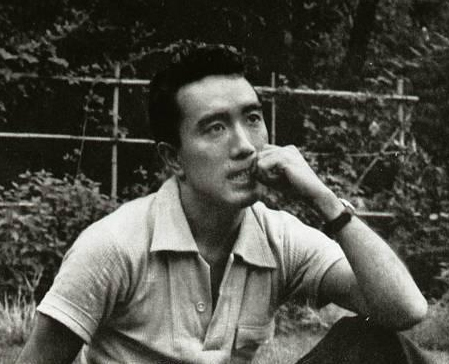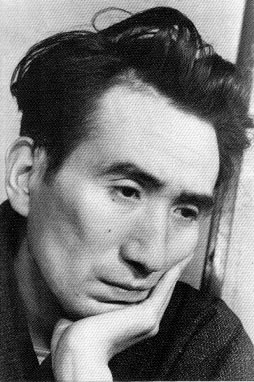
20 Japanese Writers: The Best Authors From Japan Over the Decades
While Haruki Murakami is a household name across much of the world, Japan has long been a hub of homegrown literature, and there are dozens of novels from talented Japanese writers worth reading. Japanese literature is often slow-moving on the surface, but many stories contain deeper themes like depression, war, and isolation, while others will fill you with warmth, happiness, and excitement. For those looking to sink their teeth into a good read, here are our picks for the 20 best Japanese writers to start with!
This post may contain affiliate links. If you buy through them, we may earn a commission at no additional cost to you.
1. Haruki Murakami (村上春樹)
田村/FlickrDo I need to say more? Haruki Murakami is probably the most famous Japanese novelist today. His works are translated into multiple languages and read throughout the globe. The world he creates with twins, sheep men, darkness and mysterious ladies, are described in simple yet effective words. His representative works are "A Wild Sheep Chase", "Dance Dance Dance", "1Q84", and so on. Official website in English here.
2. Banana Yoshimoto (吉本ばなな)
In Banana Yoshimoto's work, there are no explosions or kidnapping or any kind of immediate drama. Yet there is a complex tension between the characters and the atmosphere. Her words are simple and have a clear aftertaste. Her representative works are "Kitchen", "N.P.", "Goodbye Tsugumi", and so on. Official website in English here.
3. Kenji Miyazawa (宮沢賢治)
MChew/Wikimedia CommonsKenji Miyazawa was not only a novelist, but a poet and a story writer. His stories are aimed at children, but the way he uses his words are magical. It can make you feel a spectrum of emotions and make you see beautiful scenery in front of your eyes. His representative work is "Milky Way Road".
4. Yasunari Kawabata (川端康成)
Materialscientist/Wikimedia CommonsYasunari Kawabata is the first Japanese novelist to receive the Nobel Prize. His writing describes the Japanese sense of beauty, life and death, the silence between conversations, and so much more. A personal favorite of mine is "The Sound of the Mountain". It describes the everyday life of a family, yet the atmosphere is tense and almost tangible. His representative works are "The Sound of the Mountain", "The Izu Dancer", "House of the Sleeping Beauties", and so on.
5. Souseki Natsume (夏目漱石)
Shika ryouse shomei/Wikimedia CommonsAlso the face of the 1000 yen bill, Souseki Natsume is one of the authors Japanese children learn about in school. He was also an English teacher. His representative works are "Kokoro", "Botchan", "I Am a Cat", and so on.
6. Yukio Mishima (三島由紀夫)
Materialscientist/Wikimedia CommonsYukio Mishima was a man of drama. He ended his life in front of hundreds of students after giving a speech. He was also a poet and playwright. He was also gay. His writing is very hard to read, but has a beauty of its own. His representative works are "Kinkakuji", "Confessions of a Mask", "Thirst of Love", and so on.
Our Top Tips
JR Pass for Whole Japan
Explore Japan in the most convenient and economical way with a Japan Rail Pass! It is valid for the majority of railways and local buses operated by JR.
7. Kenzaburo Oe (大江健三郎)
8. Osamu Dazai (太宰治)
市井の人/Wikimedia CommonsOsamu Dazai is a famous novelist, but is also famous for his private life. With a string of love affairs, in the end, he attempted suicide and succeeded. He suffered from depression and alcoholism. However, he left great works with simple and eloquent writing about love, life and every day matters. A personal favorite is "The Setting Sun". The tempo of the writing is so beautiful, you want to read it out aloud. His representative works are "The Setting Sun", "Run, Melos!", "No Longer Human", and so on.
9. Tsutomu Minakami (水上勉)
10. Kobo Abe (安倍公房)
Kobo Abe is not a light read. His works tackle subjects of existentialism to the highest extent. His writing is hard to read, and downright depressing. But it leaves you with questions you have to resolve yourself. A personal favorite is "The Woman in the Dunes". A man becomes trapped inside a village which stands on sand. His only companion is a mysterious woman. The harsh atmosphere of the desert soon changes the man in ways he could never imagine. His representative works are "The Woman in the Dunes", "The Box Man", "The Face of Another", and so on.
Our Top Tips
Japan Shinkansen, Narita Express (N'EX) & Express Train Tickets
Plan ahead by booking your shinkansen, airport train, and express train tickets online in English. Have the tickets sent to you by mail or collect them at the station once you're in Japan.
11. Kazuo Dan (壇一雄)
12. Mitsuyo Kakuta (角田光代)
13. Natsuo Kirino (桐野夏生)
Natsuo Kirino is not for the faint of heart. She deals with actual incidents such as the Touden OL murder case, where a worker at the Touden company who was a sex worker at night, was murdered in an abandoned house. The killer has not been caught yet. In her work, "Grotesque", Natsuo Kirino writes what the vicitim must have thought in her own way. And indeed, it is grotesque and powerful. Her representative works are "Grotesque", "OUT", "Soft Cheeks", and so on.
14. Mariko Koike (小池真理子)
Mariko Koike is said to be an aesthetic writer. She deals with stories about women and sexuality in very elegant writing. She is also very good at horror, as seen in "The House That Looks Down at The Grave" (墓地を見下ろす家). Her representative works are "A Cappella", "Beyond the Rainbow", "Ghost Stories", and so on.
15. Souji Shimada (島田荘司)
16. Randy Taguchi (田口ランディ)
17. Keigo Higashino (東野圭吾)
18. Miyuki Miyabe (宮部みゆき)
19. Yoko Ogawa (小川洋子)
20. Tokurou Nukui (貫井徳郎)
The information in this article is accurate at the time of publication.

